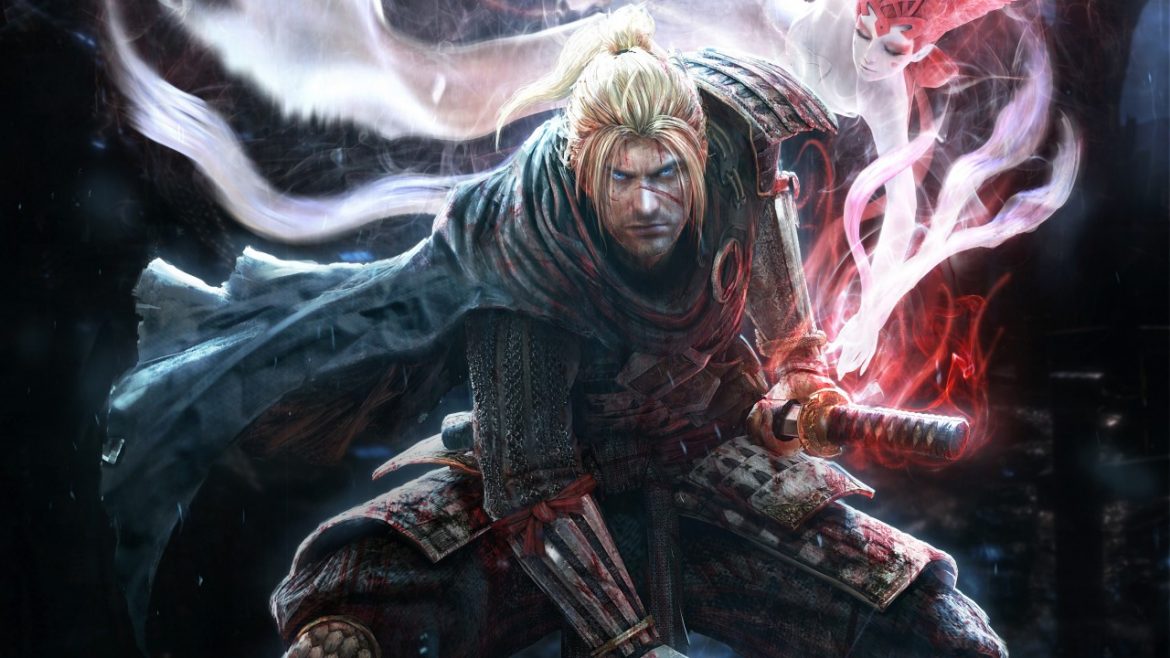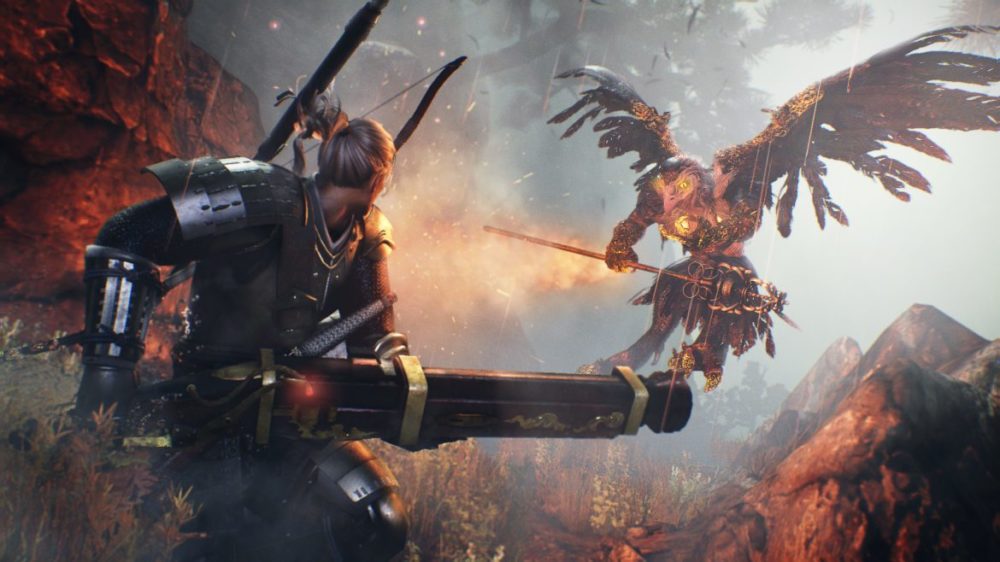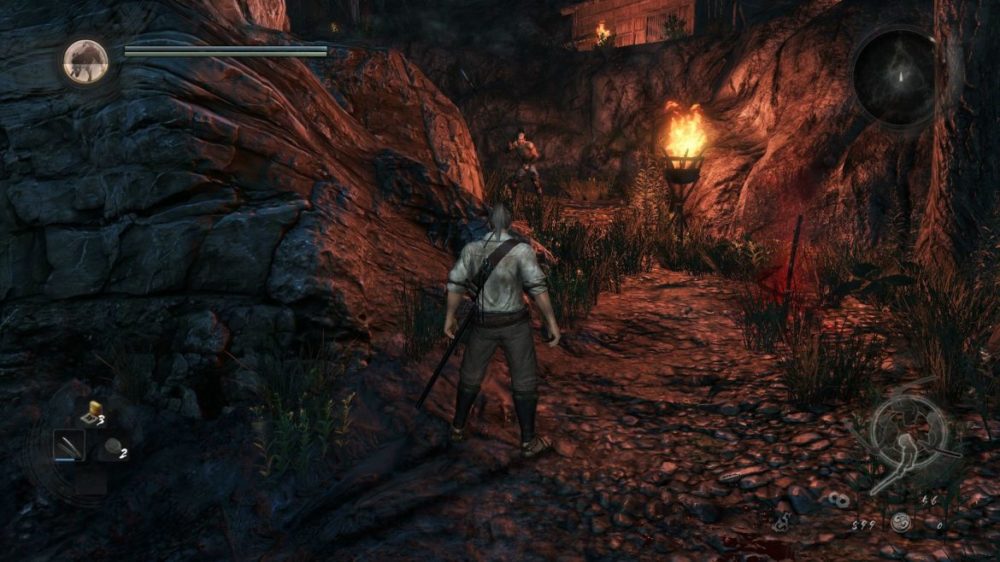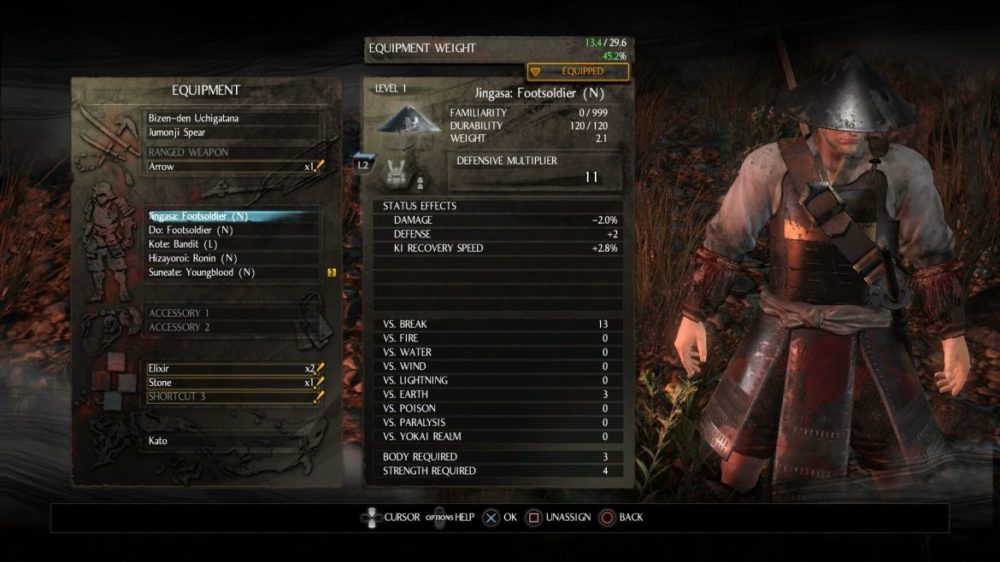TL;DR
Nioh is a challenging action RPG set in 17th-century Japan, blending samurai adventure with gameplay inspired by the Dark Souls series. You play as William Adams, facing formidable enemies and demanding combat that requires precise timing and strategic learning. While it shares DNA with Souls games, Nioh offers a slightly more forgiving death mechanic, allowing you to retrieve lost currency instead of vital gear. Visually, it's a mixed bag, with some dated environments and character models, especially compared to its inspirations. Despite graphical shortcomings, Nioh's addictive gameplay loop and satisfyingly tough encounters make it a captivating experience for those who enjoy mastering difficult mechanics. If you're looking for a deep, rewarding challenge with a historical fantasy twist, dive into the full review to see if Nioh is your next obsession.
Nioh can be described as an action-oriented samurai adventure incorporating role-playing elements. Developed by Team Ninja, previously known for titles such as Ninja Gaiden and the Dead or Alive series on earlier console generations, Nioh serves as both an homage to their previous work and to FromSoftware’s challenging Dark Souls. The narrative is set in 17th-century Japan, casting you as William Adams (inspired by a real-life Western samurai). The game begins with William imprisoned in the Tower of London, and quickly unfolds into a fantastical interpretation of the era preceding the Tokugawa Shogunate, featuring iconic figures such as Hattori Hanzo.
Veterans of the Souls series will find familiar elements in Nioh. Team Ninja has openly acknowledged this inspiration. While borrowing and refining existing ideas is common practice, Team Ninja’s execution in Nioh both excels beyond and falls short of its source material. On the positive side, the game delivers a challenging action adventure reminiscent of classic titles, demanding precise timing, strategic learning, and iterative gameplay. However, Nioh’s difficulty differs from that of Dark Souls. Specifically, while Dark Souls imposes cumulative penalties such as the loss of weapons, items, and stat degradation upon death, Nioh allows players to retain most possessions, save for the Amrita currency. Amrita, dropped upon death, can be retrieved at the location of your “grave” and is used to enhance character abilities. This system provides a challenging yet more forgiving experience than the sometimes frustrating difficulty curve of Dark Souls.
Visually, Nioh presents well in promotional stills, but exhibits inconsistencies throughout the game’s various environments. The project’s origins trace back to 2004 and are reportedly based on an obscure Akira Kurosawa manuscript titled Oni (a title the game bore for many years), indicating a lengthy development cycle. The result is a PS4-exclusive title with built-in support for the PS4 Pro, offering options for higher resolution, improved frame rate (variable), and a hybrid mode. However, Nioh’s visuals – with its simple character models and frequently dark, murky environments often set at night – more closely resemble a refined PS3 title than a next-generation PS4 showcase like Uncharted 4. In this aspect, the atmospheric and well-designed visual style of the Dark Souls games surpasses Nioh. Prioritizing a higher frame rate is recommended. Setting the game to the highest resolution (accessible only via the main menu) results in a less smooth and more jarring experience with only marginal visual improvements. Future patches may address this, but a consistent 60 fps seems achievable given the game’s graphical demands and the PS4 Pro’s capabilities.
At its best, Nioh evokes the compelling and intensely challenging games of the past, such as Mega Man 2, Castlevania, and Samurai Warrior (on C64). Mastering the flow and attack patterns of enemies requires patience and dedicated practice. The game frequently elevates adrenaline levels – demanding players to assess the risk of extending an attack and exposing themselves without Ki (life energy, governing attacks and blocking) or of dodging one last time before delivering the final blow. Each encounter becomes significant, and the decision to engage in a fight or take an alternate route carries greater weight than in titles like God of War. Players seeking a guided experience or adjustable difficulty settings should be aware that Nioh prioritizes repetition and precise timing, skills that players will rapidly acquire. Nioh features save points (accessed by praying) that replenish energy and grant health boosters but also respawn all enemies, mirroring the mechanics of 8-bit era games.
The immersive nature of Nioh proved surprisingly captivating, leading to extended play sessions fueled by the desire for “just one more attempt.” This level of engagement constitutes a strong endorsement, highlighting the game’s fun factor, difficulty to master, and addictive qualities. Nioh provides a streamlined and more accessible – though visually less impressive – take on the Dark Souls formula. It is challenging, yet not overly punishing, and shares similarities with Team Ninja’s own Ninja Gaiden in terms of core game mechanics. And there are certainly worse games to emulate (we are excluding Ninja Gaiden 3 from this statement).



